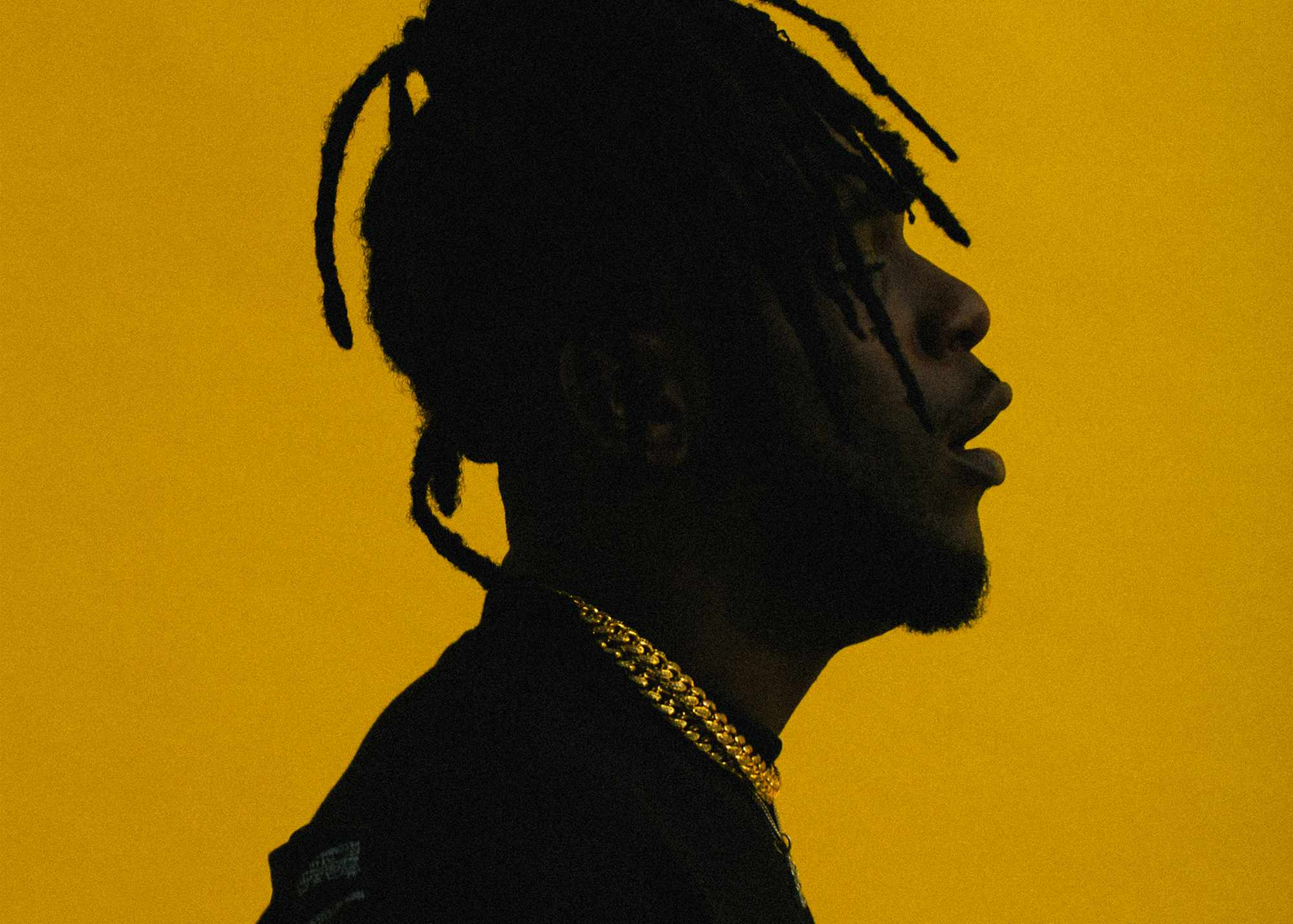
African Giant: Exploring Burna Boy’s Ascent to the Top
Words: Ebisan Atsemudiara
It’s a cold Friday Morning, and in my routine of prepping to fend off aggressive Lagos drivers attempting to cut me off in traffic, I opt to listen to some music for the imminent contest of wheels. Usually, I would whisper to Siri, “play something I would like”, but this time I reach for my phone and arbitrarily scroll & stumble on Burna’s project, African Giant with the tracklist finally unveiled. I am as ecstatic as I am puzzled with a tinge of nervousness.
The above is the palette of emotions I had gone through while anticipating Burna’s African Giant. The revelation of the title left me wondering; was this another socio-political album by yet another adherent of the church of Fela Anikulapo Kuti that will sacrifice originality at the altar of homage?” Even more suspect is this agenda, when you consider that Burna’s Grandfather was once Fela’s manager. I chose to reserve judgement until after thoroughly consuming the album, but intermittently I failed, as I could not help but wonder if the errs of his prior album — Outside — would be repeated on African Giant.
The lack of sonic cohesion or a cohesive theme apparent on Outside was a cardinal sin not only Burna is guilty of, but every Nigerian artiste since the masterful croons of 2face. Certainly there are some obvious exceptions to this bold declaration, you know the usual suspects; Asa and a handful of alternative Nigerian musicians. Well aware that Outside is the major pivot in Burna’s career with his electric single, Heaven’s Gate shooting him to the top of international charts and being the composer of Nigeria’s globally recognised de facto anthem, Ye’, I was a bit let down by the lack of cohesive delivery on Outside.
The indictment here is not on Burna’s abilities to make great standalone records, or even on his talent — as it is precisely because of this talent he is being held to a higher standard — but a question mark on his ability to deliver a well rounded project with a tracklist that doesn’t come off as a blend of all his recently recorded material, instead one that flows from record to record and is held together by some sonic glue of instrumentation, and loosened up by a variety of subject matter not too distant from one another. As a consumer of music birthed in the 90s, growing up in the discman era of the early 2000s, I place a premium on the experience of a project. For a project is not just a collection of songs but a tactfully executed experience for the listener.
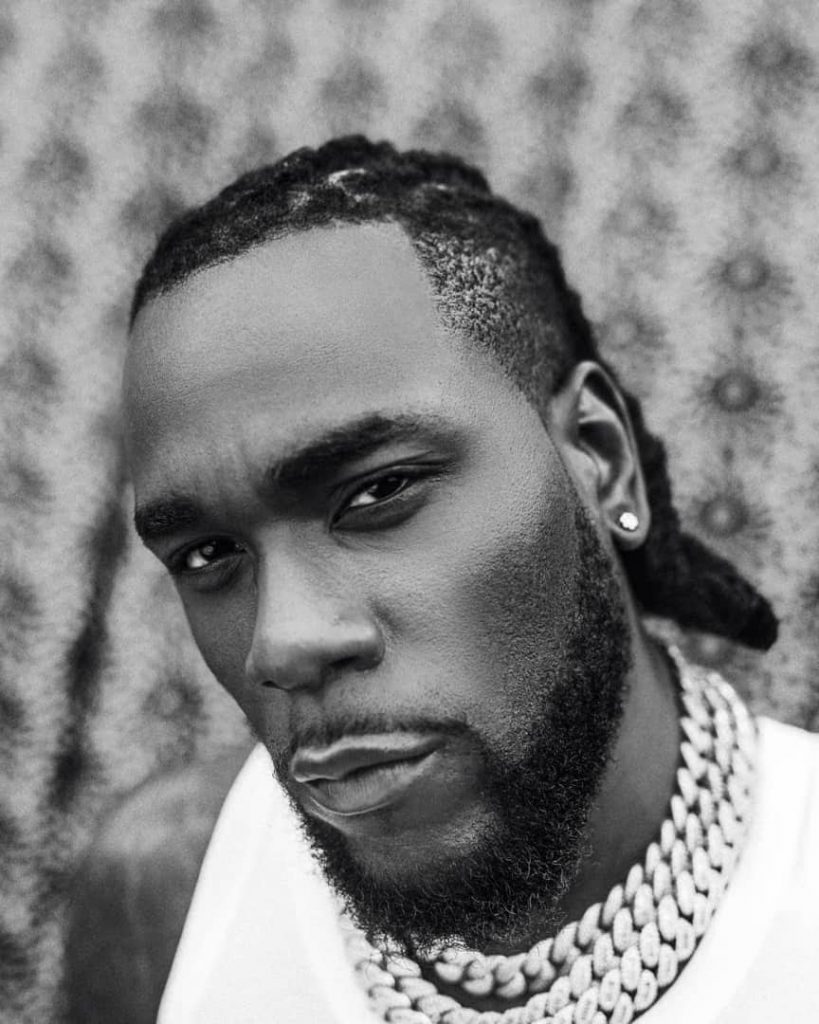
Undeterred by these misgivings in my head, I forged on to press play on the title track, African Giant. One can hear Burna sing; “Tell ’em Africa, we don tire, so here comes the African Giant…”. I couldn’t help but wonder if Burna was falling into the trap of using the broad brushed adjective ‘African‘ to appeal to a global audience, as Africa is often overly simplified by European and foreign narratives as a homogenous continent. On a granular level, Africa is a culturally diverse, and incredibly complex continent, such that cultures within the same national borders may not just be different but sometimes diametrically contradict one another. I guess the counter argument to this is that amidst the multiplicity of narratives that exist in Africa, there are common threads of historic struggle, colonisation, contemporary socio-political issues , monolithic religious issues and race relations that pervade the continent. In a sense, some stereotypes do have their merits and on this premise, one might argue that Africa though not so simplistic has echoes of similarities across its map. And from a pragmatist’s perspective it is not practical to tell all the granular stories of Africa to a global audience in a bullet attempt and so adaptations that convey the commonalities of Africa is acceptable. On this hill, Burna can be absolved for opting for the title African Giant.
So what is the African story? Or more pertinently put, what is the African Giant story as told by Burna? As his is the only story of consequence as long as his art is the subject of discourse. From the album art we could tell — or at least hope that Burna intended to tell a story that was not just an echo of stories previously told but one of deep personalisation with his face plastered in a pseudo-currency, perhaps a story of his vision for Africa? Well, we can only guess or better, use publicly available information on Burna through his past works, interviews and overall persona to arrive at some approximation of the truth — if not the truth itself. Anyone who has followed Burna’s career through the years will agree that he doesn’t quite fit into a particular box. This comes as no surprise when you consider that he doesn’t just come from a daunting musical background, but you also realise that he spent some time in the UK being cultural immersed in its streets and perhaps influenced by its music — as music proves more and more inseparable from (pop) culture. Also hailing from South-south Nigeria, he has professed his love for his southern roots by penning an ode to Port-harcourt, the city after his heart. In the same vein, being in touch with his maternal Yoruba roots. An artiste showing not just affinity, but mastery of the reggae/dancehall genre through his trail of records, all the while being the lover man fih da gyal dem with his raspy vocal texture. A cultural Rasta — at the very least — evinced in the spirituality of (some) of his music. Carefully executing the complex flavours of his music with wicked simplicity, it is easy to see that Burna is not one thing, but a cocktail of many — an Enigma.
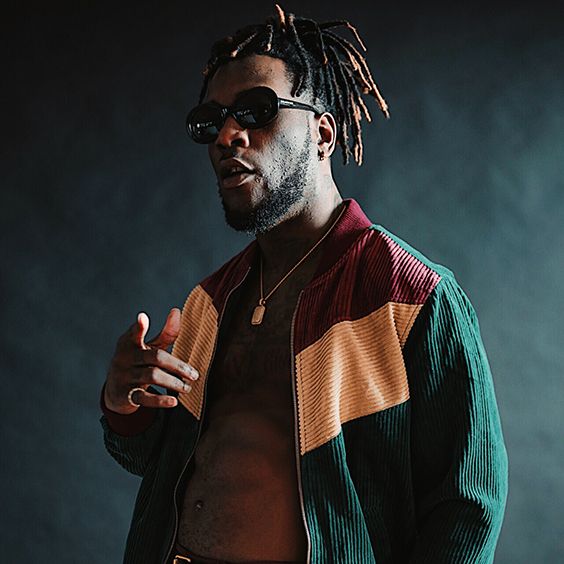
After thorough listening of African Giant, it is clear that Burna has told two stories in one, the story of African Pride and its pop culture as well as his story of maturation and truly global cultural influences. You find that he brings back smash hit, Killin Dem to exhibit the Nigerian pop cultural rave on an album intended for a global audience. The collaboration from his prior album, Heaven’s Gate left no doubt that Burna could seamlessly collaborate with artistes from genres so variant from his forte, and merge with them like birds do to skylines. Wetin Man Go Do was one of two songs — the other being Collateral Damage — that made no secrets of the homage it paid to Fela and with them the inevitable socio-political messages that speak the truths of the Average Femi. Gum Body is a particularly interesting song, because it was the first of several features on the album, and I was thrilled to see how much Burna and Jorja would be in tandem while staying true to the preset African Giant theme. They did not disappoint and Jorja’s vocals came off as silk enamouring a gentle but sturdy piece of instrumentation. What stood out for me on this collaboration and became consistent with all other collaborations on the project was that Burna never pandered to the presence of an international act on the album. From the title of the track Gum Body, his intentions were as clear as day; “I will stick to my act — even while picking titles — and you will bend to my core, not the other way around”. In all instances he conducted himself as the host artiste and did not for once show signs of tweaking his style to cater for the guests. He played lead and all guests were exactly just that — guest appearances carefully picked to complement his originality and reveal his versatility. All acts, including the god of Trap, Future had to fold a little to Burna’s sonic preferences.
If Wetin Man Go Do and Collateral Damage were both rhythmic lectures on socio-political issues that were reminiscent of the great Fela, Another Story was Burna’s original orchestration of the same socio-political messages, but this time in his own style, reminiscent of catchphrases peculiar to the climate of a millennial’s childhood in Nigeria. Seizing the opportunity to educate the Average Femi of facts from the Jide Olarenwaju produced documentary, The Real Story of Nigeria in the form of a skit.
Burna’s enigmatic persona shone brightly once more through his collaboration with Serani, Damian Marley — the indisputable cornerstone of reggae/dancehall — and a 67 second inclusion of Blak Ryno’s skit, essentially a statement that he is as culturally Rasta — albeit adopted — as he is Nigerian (or African). Afterall, Africa was truly home to both the Rasta religion and culture before it pitched its tent in the Caribbean. The inclusion of Angelique Kodjo and M.anifest, typify one of Burna’s numerous agenda on the album, which was to pay reverence to the Legends of old but also exhibit the ingenuity of the contemporary African artiste — culminating in the evolution of the African Sound.
His benign side is not lost on the album, with records like Omo, Pull Up and the dated On the Low to prove that he can comfortably slide his feet into the shoes of Mr. Lover Man — better still “boy” — fih da gyal dem. While Show & Tell, primed to be a club banger featuring Future, This Side featuring YG and Secret with Jeremih & Serani are more exhibits of his versatility and his unquestionable ability to blend with just about any genre. He is perhaps signalling to the International Community of artistes that he is not just equipped but ready to hand out grilled verses as a guest on their records. An exciting prospect as this could greatly expand his fan base to make him a truly International Act. There are some obvious features with even more obvious reasons to anticipate from Burna in the coming years. Koffee? Stefflon Don?
As for the question of cohesion on the project, Burna satisfactorily provides a response to this. Not only does the entire album fit well together like a perfectly solved jigsaw puzzle, Burna makes sure transitioning from one track to another is as fine as can be. No where is this more evident on the album as it is in the transitioning between the tracks Different and Gbona — a record dropped over half a year before the album as a single. Towards the tail end of Different one can subtly hear the introduction of Gbona’s instrumentation amidst Angelique Kodjo’s fading vocals. I did wonder how Burna intended to fit all his pre-album singles into the album without compromising the theme of the album or compromising sonic cohesion — somehow, he made it work. Even though a single like On the Low was dropped long before the album, one can understand its inclusion. Burna Boy undoubtedly hopes to expand his fanbase with this album and is apparently keen to put his previously domestically successful material front and centre, in hopes that they could replicate such commercial success with a more cosmopolitan and truly international audience. Burna doesn’t lose sight of his spirituality with the inclusion of songs like Destiny — suggesting his story is one of providence. His enigmatic persona is now well and truly present on the album, at track 13 of this 19 track body of work, which he closes out with a fitting record titled, Spiritual.
I dare say the rollout of the album is global superstar-esque. Carefully timed right after his performance on JA ARA E — his solo appearance on Beyonce album The Lion King: The Gift. With a hoarded tracklist right up until release day to stoke the flames of fandom and carefully timed singles leading up to the album release. I dare say if these are not the moves of a superstar, then they are at least the moves of an artiste with a solid team that is truly busy in the engine room. Drawing from Burna’s lyrics on the opening track of the album; “I know say one day e go better, I go carry grammy, because anything wey better require planning.” By his own admission he has been a mad scientist behind the scenes. While claims of a Nigerian mainstream artiste winning a grammy are not exactly new since the days of 9ice, if Burna will clinch one in the not-so-distant-future remains to be seen. For now, we are at least assured of quality in the years ahead — as his raw unrefined talent has never been in doubt — hopefully raising the bar and setting the tone for Nigerian music at home and on the international scene. Pushing the envelope and finding that intersection where an artiste makes records they truly relish, without putting commercial value front and centre, at the same time appealing to a wide demographic.
4 Comments
Leave a Reply
You must be logged in to post a comment.
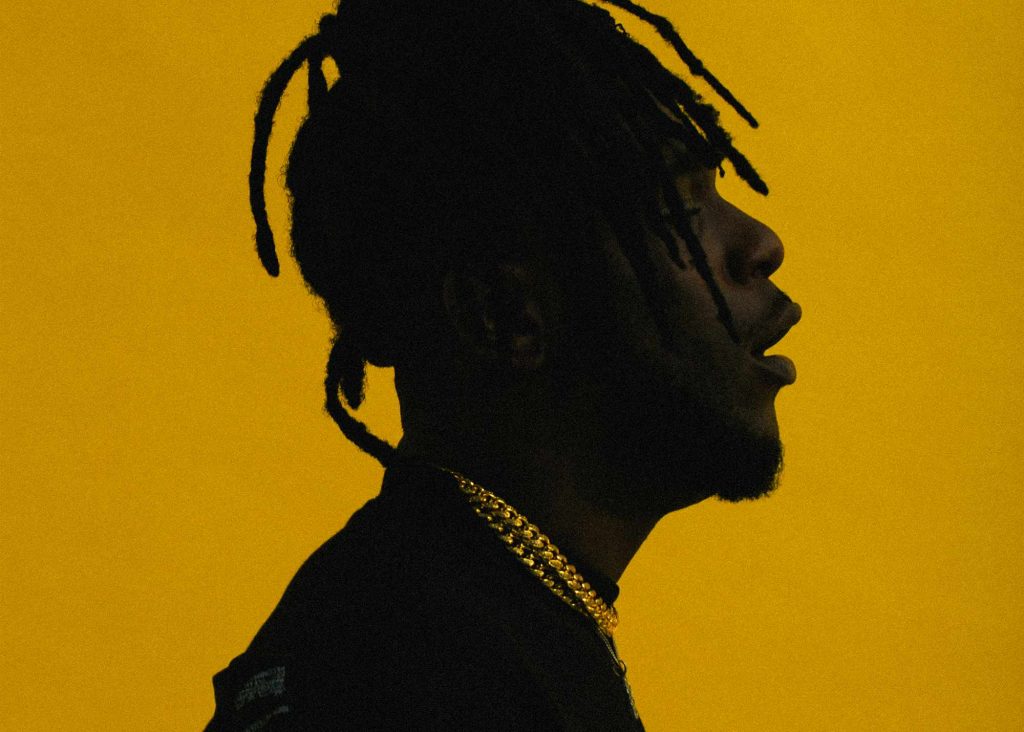
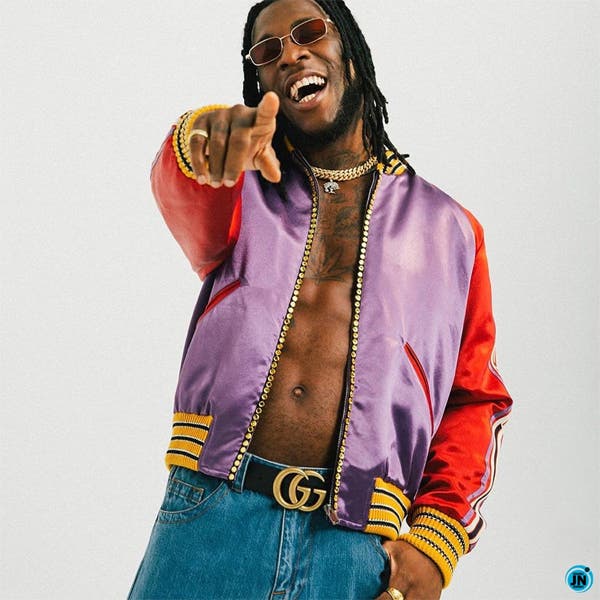
[…] only been a couple of weeks since Burna Boy released his latest album ‘Love, […]
[…] afrobeats, we hear the afrobeat melodies of Fela, the inventor of afrobeat. We think about Wizkid, Burna boy, and other Nigerian musicians. We do not hear the highlife tunes mixed into Fela’s music. […]
[…] of my career highlights would be getting to open up and share a stage with Burna Boy who I’ve been a fan of since way before the world was put onto him. That moment in my career […]
[…] About ten years. I started as a road manager at Monarc, an entertainment company in Lagos. My role was to manage and coordinate artists’ affairs. That experience helped me learn about event planning and execution and gave me the opportunity to work with Chee and Burna Boy. […]